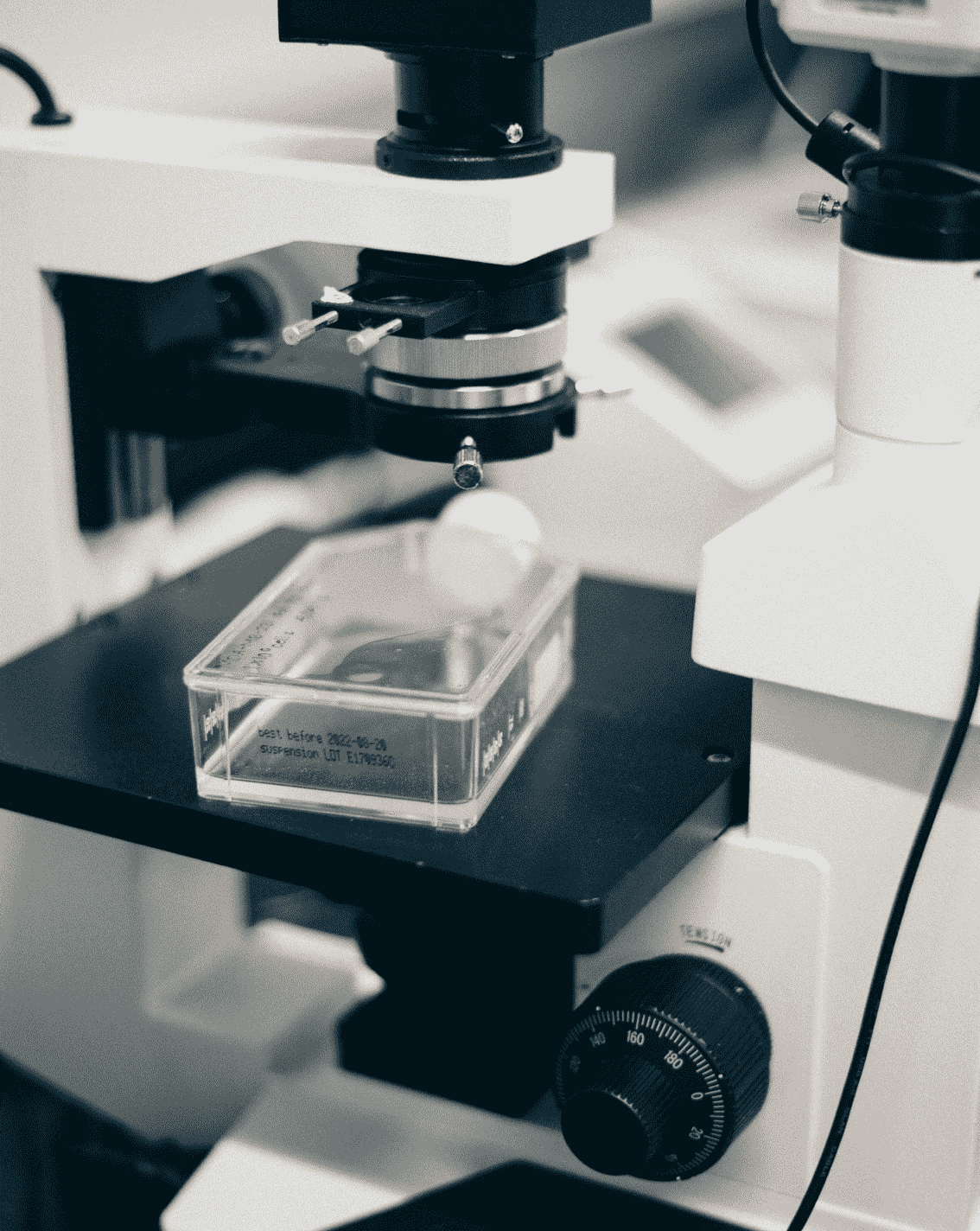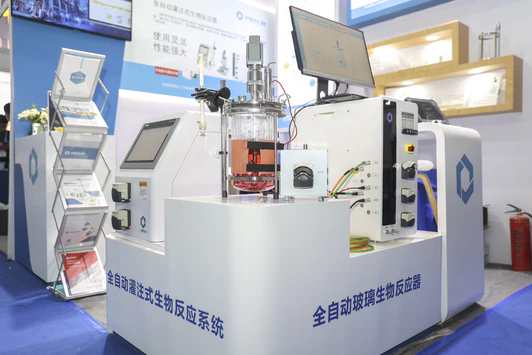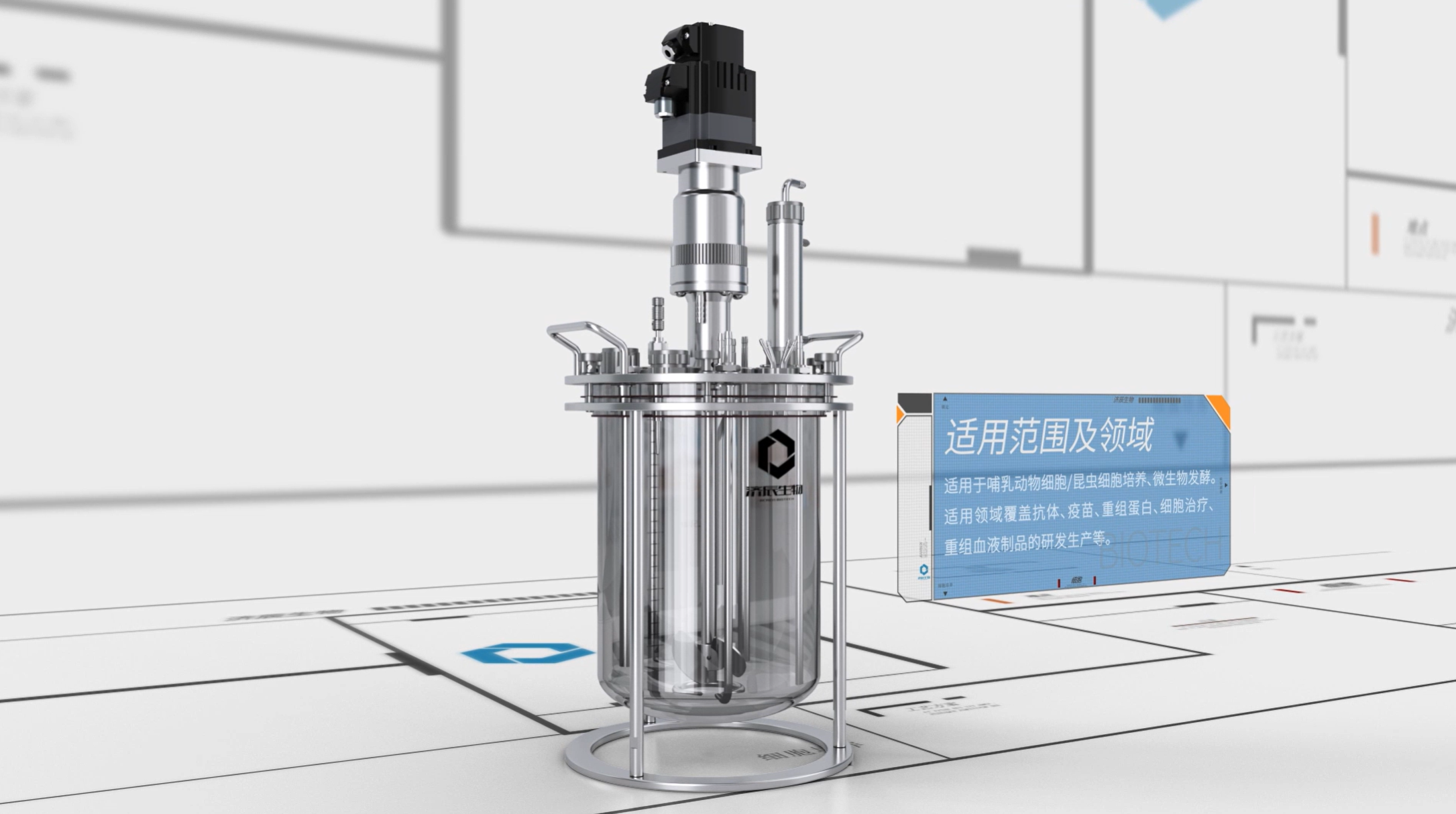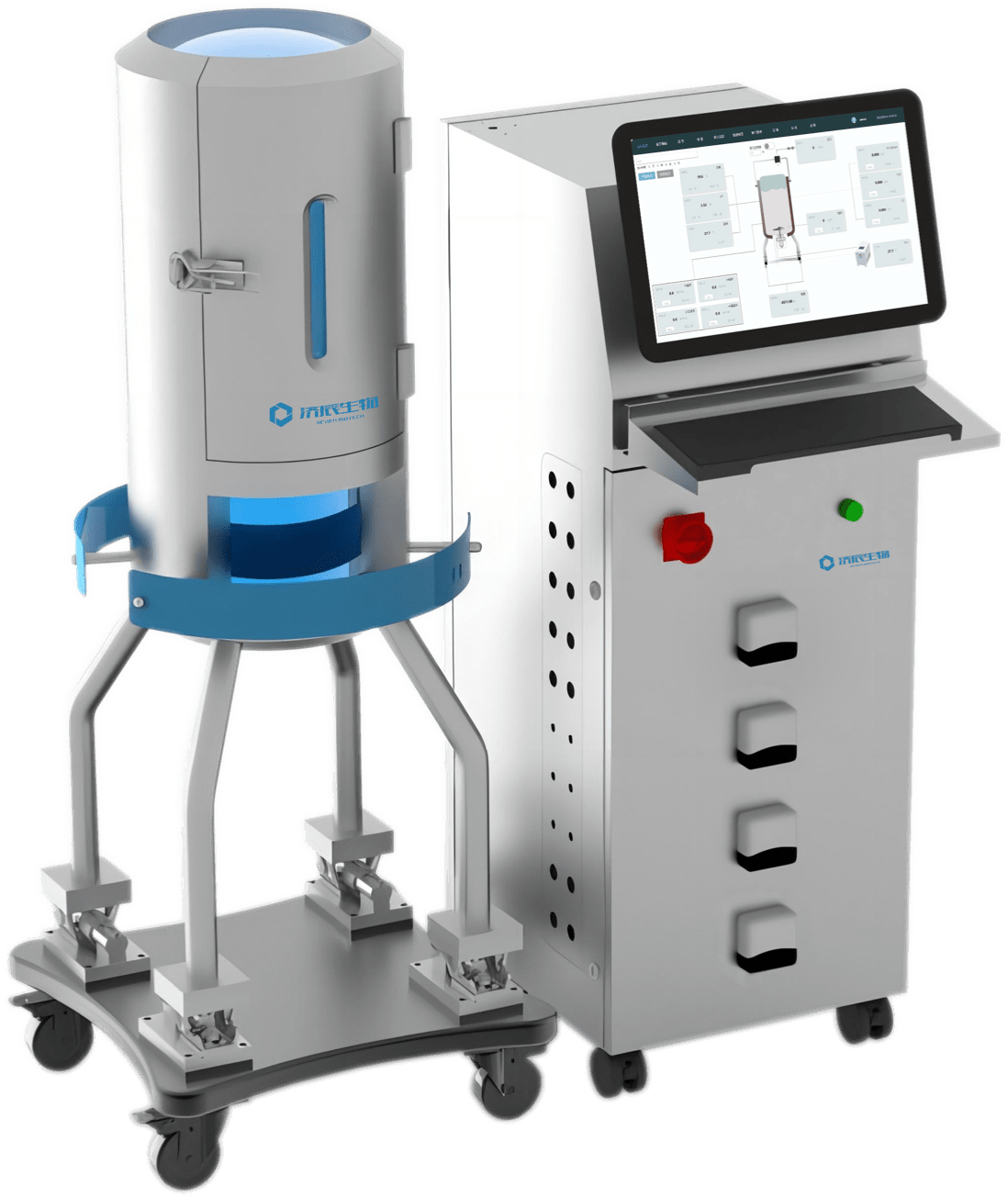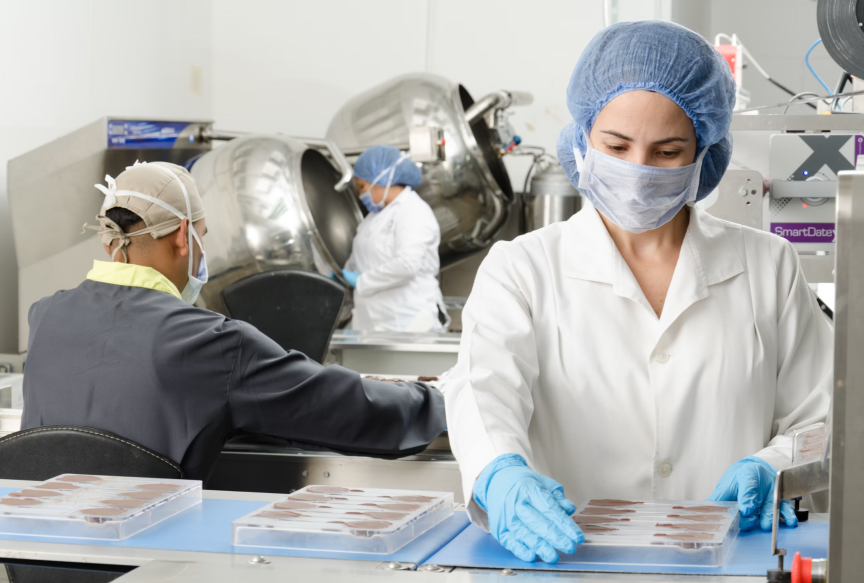Fermentation system technology, as an important bioengineering technology, has a wide range of applications in the field of biopharmaceuticals. This paper discusses the basic principles of fermentation system technology, its application in biopharmaceuticals, development trends, and challenges, aiming to provide useful references for the biopharmaceutical industry.
Fermentation system Technology refers to the utilization of the metabolic capacity of microorganisms to achieve large-scale production of a target product by controlling various conditions in the fermentation process. Biopharmaceuticals are drugs produced using biotechnology, mainly including vaccines, antibodies, recombinant proteins, enzymes, and so on. Fermentation system technology has a pivotal position in the field of biopharmaceuticals, providing strong support for China's biopharmaceutical industry.
Basic Principles of Fermentation System Technology
1. Selection of Fermentation Bacterial Strain: The key to the fermentation process lies in selecting the appropriate strain. Commonly used strains for biopharmaceuticals include E. coli, yeast, bacillus, etc.
2. Control of fermentation conditions: mainly including temperature, pH, dissolved oxygen, rotational speed, nutrients and so on. By optimizing the fermentation conditions, the yield and quality of the target product can be improved.
3. Fermentation process monitoring: using modern analytical techniques, such as spectroscopy, chromatography, mass spectrometry, etc., real-time monitoring of bacterial growth, product synthesis, and other parameters during the fermentation process.
Applications of Fermentation System Technology in Biopharmaceuticals
1. Vaccine Production: Fermentation system technology is used for the production of viral vaccines, bacterial vaccines, etc. For example, yeast fermentation is used to produce hepatitis B vaccine, influenza vaccine, etc.
2. Antibody drugs: Fermentation system technology is the key technology for producing monoclonal antibody drugs. Through genetic engineering technology, antibody genes are introduced into fermentation strains to realize large-scale production of antibodies.
3. Recombinant protein drugs: Fermentation system technology is used for the production of recombinant protein drugs such as insulin, growth hormone, interferon, and so on. These drugs have significant efficacy in the treatment of diabetes, cancer and other areas.
4. Enzymes: Fermentation system technology is used for the production of various enzyme preparations, such as protease, amylase, lipase and so on. These enzyme preparations have a wide range of applications in food, textile, feed and other industries.
Trends in Fermentation System Technology
1. Intelligent Fermentation Equipment: With the development of Internet of Things (IoT), Big Data, Artificial Intelligence (AI), fermentation equipment will be intelligent. development, fermentation equipment will be intelligentized and automated to improve production efficiency.
2. Optimization of fermentation process: through the research of fermentation kinetics and metabolic engineering, the fermentation process will be optimized to improve the yield and quality of target products.
3. Novel fermentation technologies: such as solid-state fermentation, liquid fermentation, gas fermentation, etc., which provide more possibilities for biopharmaceuticals.
4. Cross-border integration: fermentation system technology is combined with biotechnology such as genetic engineering, cell engineering, protein engineering, etc., to promote the innovation and development of biopharmaceutical industry.
Challenges
1. Strain selection and breeding: Screening of highly efficient and stable fermentation strains is still difficult.
2. Fermentation process control: there are many parameters in the fermentation process, and the realization of precise control still needs further research.
3. Industrialization and promotion: the new fermentation technology faces challenges in equipment, process, and cost during industrialization.
4. Safety: It is crucial to ensure product quality and safety during biopharmaceutical fermentation.
Fermentation system technology has a wide range of applications in the field of biopharmaceuticals. It is expected to bring more breakthroughs to the biopharmaceutical industry through continuous optimization of fermentation process and innovation of fermentation equipment. Meanwhile, strengthening the integration of fermentation system technology with other biotechnologies will provide a strong impetus for China's biopharmaceutical industry. While facing challenges, fermentation system technology will also make greater contributions to human health.
